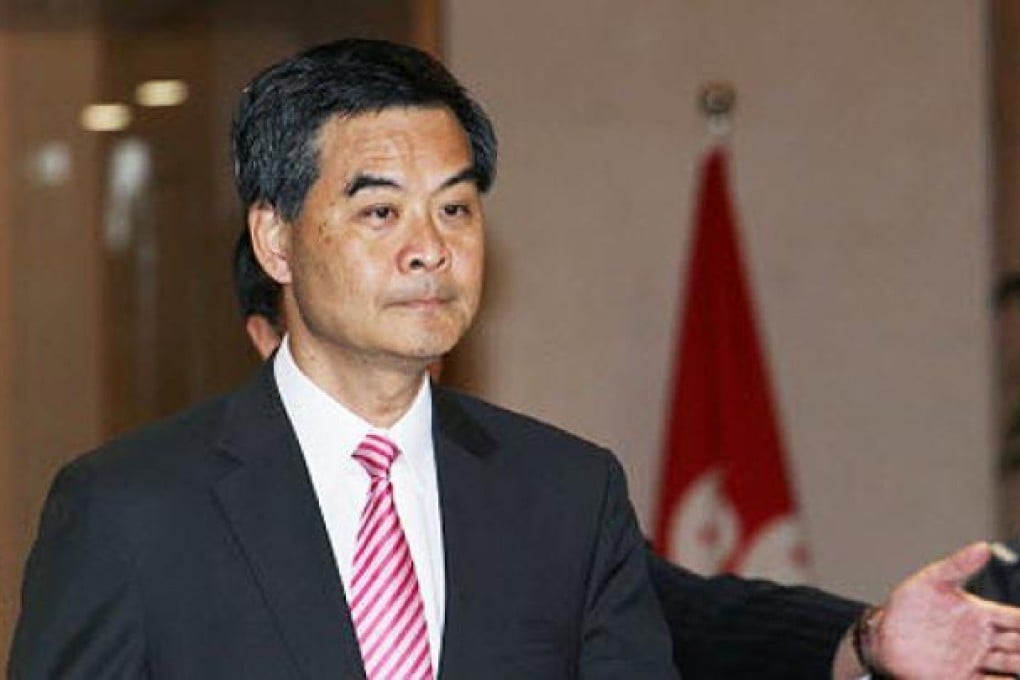
Pressure is mounting on Chief Executive Leung Chun-ying to make poverty alleviation the cornerstone of his maiden policy address this month as new research reveals the impact of poverty on one of the world’s richest cities.
Hong Kong’s poor suffer a host of health problems and are the unhappiest people in the city. They also grapple with more family woes compared with affluent residents, a study conducted by the University of Hong Kong’s school of public health between March 2009 and March last year has found. It covered about 20,500 people in 8,400 households.
The study showed a linear relationship between blood pressure and income earned. The poor were inclined to suffer from high blood pressure, the top chronic disease around the world. Workers who made less than HK$3,000 a month recorded blood pressure of between 81 and 140 mmHg, while those who earned more than HK$60,000 a month gave a range of 78 and 123 mmHg.
This linear relationship is also shown in the self-assessed body health scores, happiness measures and the harmony index for the family. But the researchers noted that even if a person was poor, a harmonious family relationship could still alleviate negative emotions.
Professor Gabriel Leung, head of community medicine at the school of public health, noted that the Inverse Care Law applied to Hong Kong. The law states that people with the least need for health care tend to use medical services more often.
“The richest use medical services more frequently, but the chance of them contracting a chronic disease is lower,” he said, adding that private medical services are used mainly by high-income groups.
